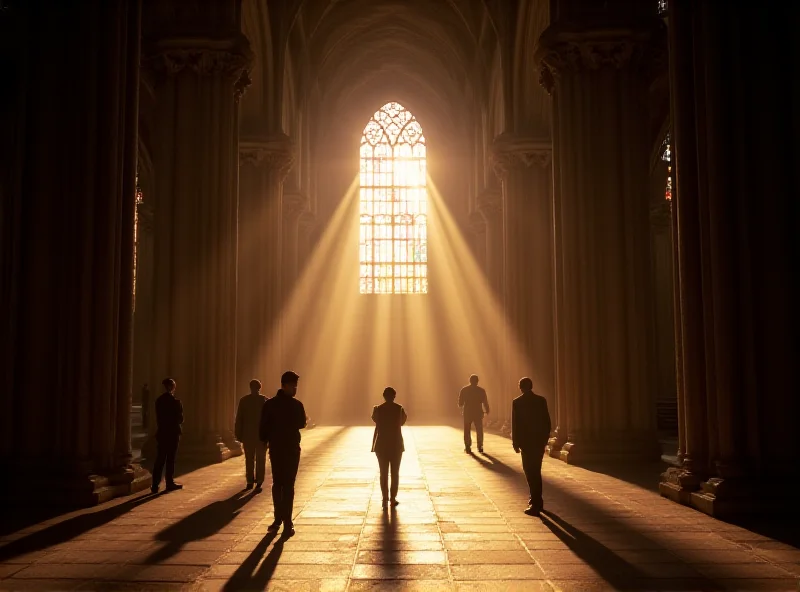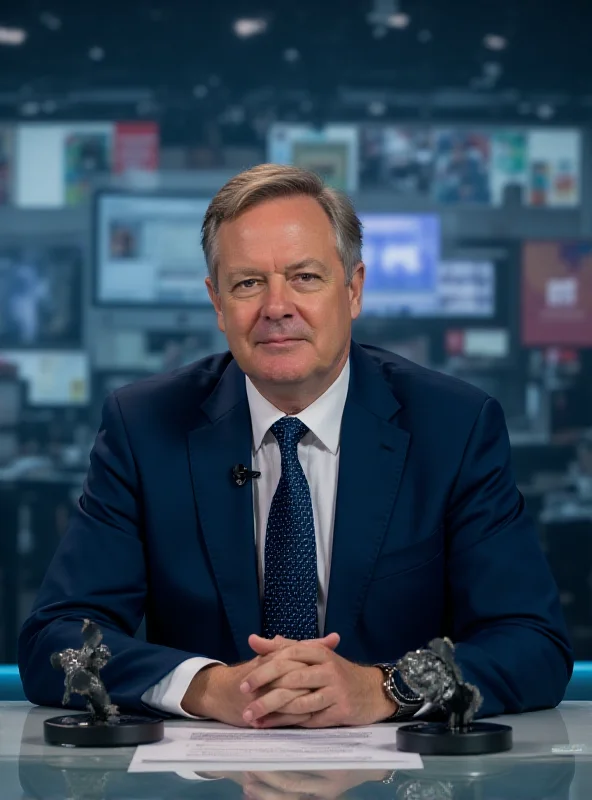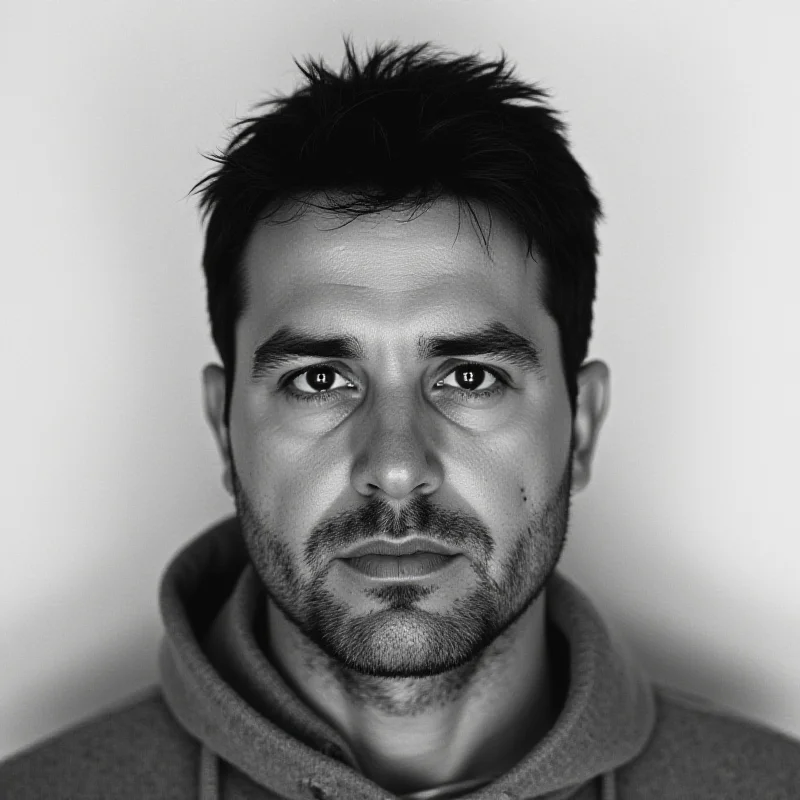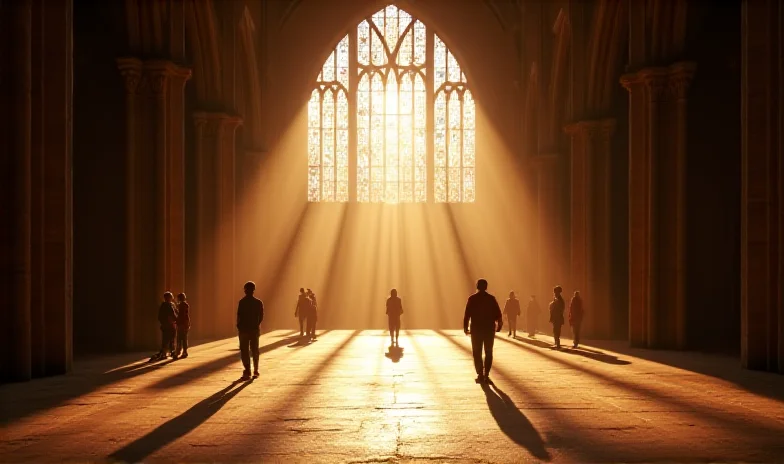France is currently navigating a complex landscape of legal proceedings, media scrutiny, and international relations. Recent headlines paint a picture of a nation grappling with issues of justice, freedom of speech, and its role in global affairs.
Justice Served in Basilica Murder
A French court has sentenced Brahim Aouissaoui, a Tunisian national, to life imprisonment for the horrific triple murder committed in a basilica. During the trial, Aouissaoui claimed to have no memory of the attacks, but medical examinations ruled out any brain damage. This verdict brings a sense of closure to a deeply unsettling event that shook the nation.

However, justice is not always perceived as straightforward. The media landscape is also under scrutiny, as highlighted by the investigation into controversial remarks made by journalist Jean-Michel Aphatie.
Media Under the Microscope
ARCOM, the audiovisual regulatory body, has launched an investigation into Jean-Michel Aphatie's comments on RTL, where he compared France’s actions in Algeria to thousands of Oradour-sur-Glane massacres. This comparison has sparked outrage and raised questions about the boundaries of free speech and the responsibility of media outlets. The investigation will undoubtedly fuel further debate on the role of media in shaping public opinion.
"The line between freedom of expression and inciting hatred is often blurred, and it's ARCOM's job to ensure that media outlets are held accountable for the content they broadcast."
Adding another layer to the media narrative, Frédéric Taddeï, a figure known for his involvement with controversial media platforms, is set to take over the direction of the magazine 'Marianne'. Taddeï has stated that the magazine will not be an opinion magazine, despite his past associations with outlets like Russia Today and CNews. This move raises questions about the future direction of 'Marianne' and its potential influence on the French political discourse.

International Tensions: Ukraine and Troop Deployment
France's role in international affairs is also under the spotlight. Discussions surrounding the potential deployment of ground troops to Ukraine have revealed divisions among European leaders. Italy's Prime Minister, Giorgia Meloni, has emphasized that any such deployment must occur under the aegis of the United Nations. Meanwhile, the Italian Minister of Defense has criticized the approach of France and the United Kingdom, highlighting the complexities and sensitivities surrounding the ongoing conflict in Ukraine.
Furthermore, the case of Brahim A., a 37-year-old Algerian man indicted for murder and attempted murder in Mulhouse, underscores the challenges France faces in dealing with immigration and security. A., who has been residing illegally in France since 2014, had been under an expulsion order since 2024. This case brings to light the ongoing debate about immigration policies and the effectiveness of border control measures. The suspect's portrait is now widely circulated.

From legal battles to media controversies and international negotiations, France is navigating a period of significant challenges and transformations. These events highlight the complexities of modern governance and the importance of informed public discourse.
